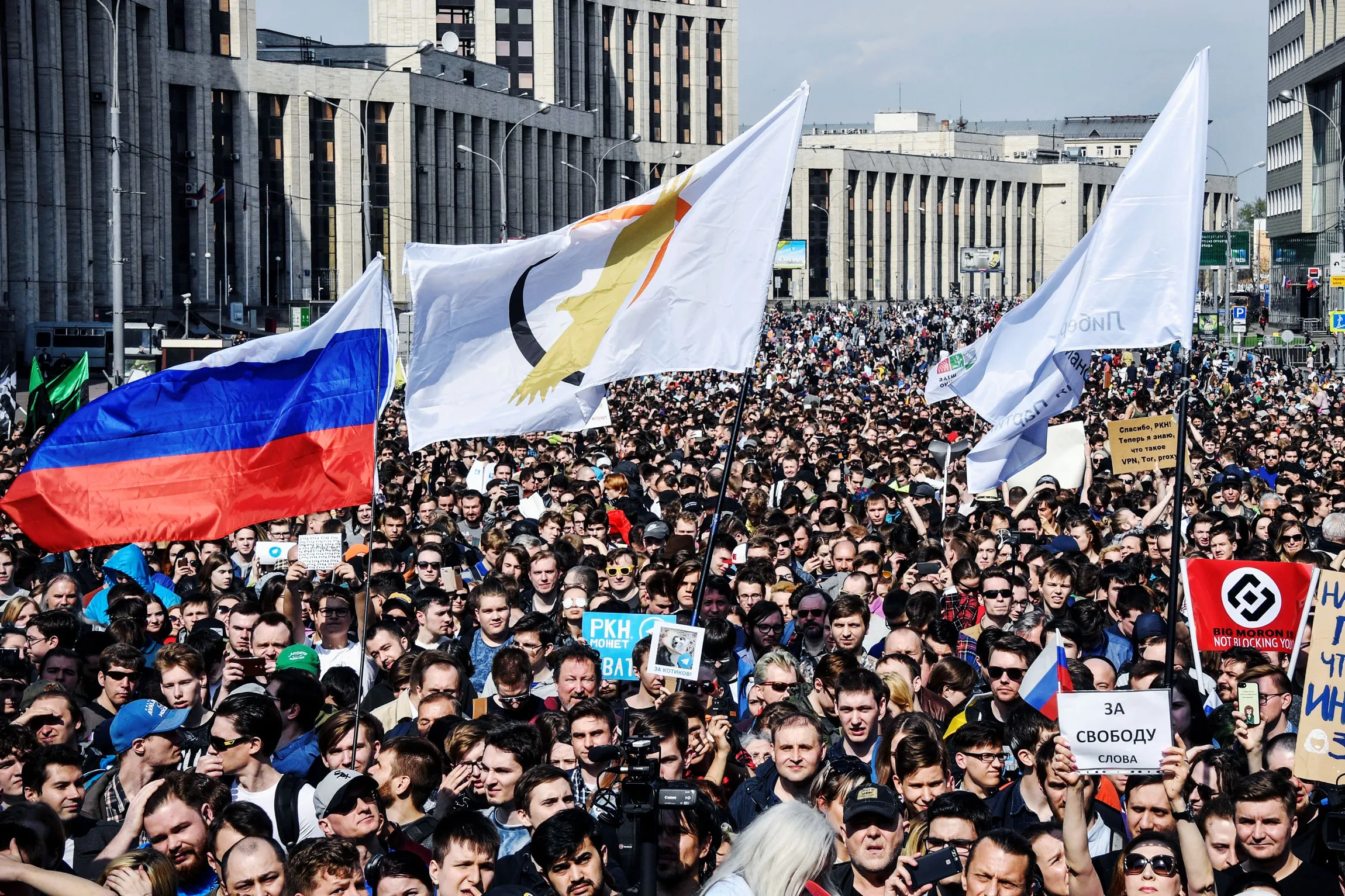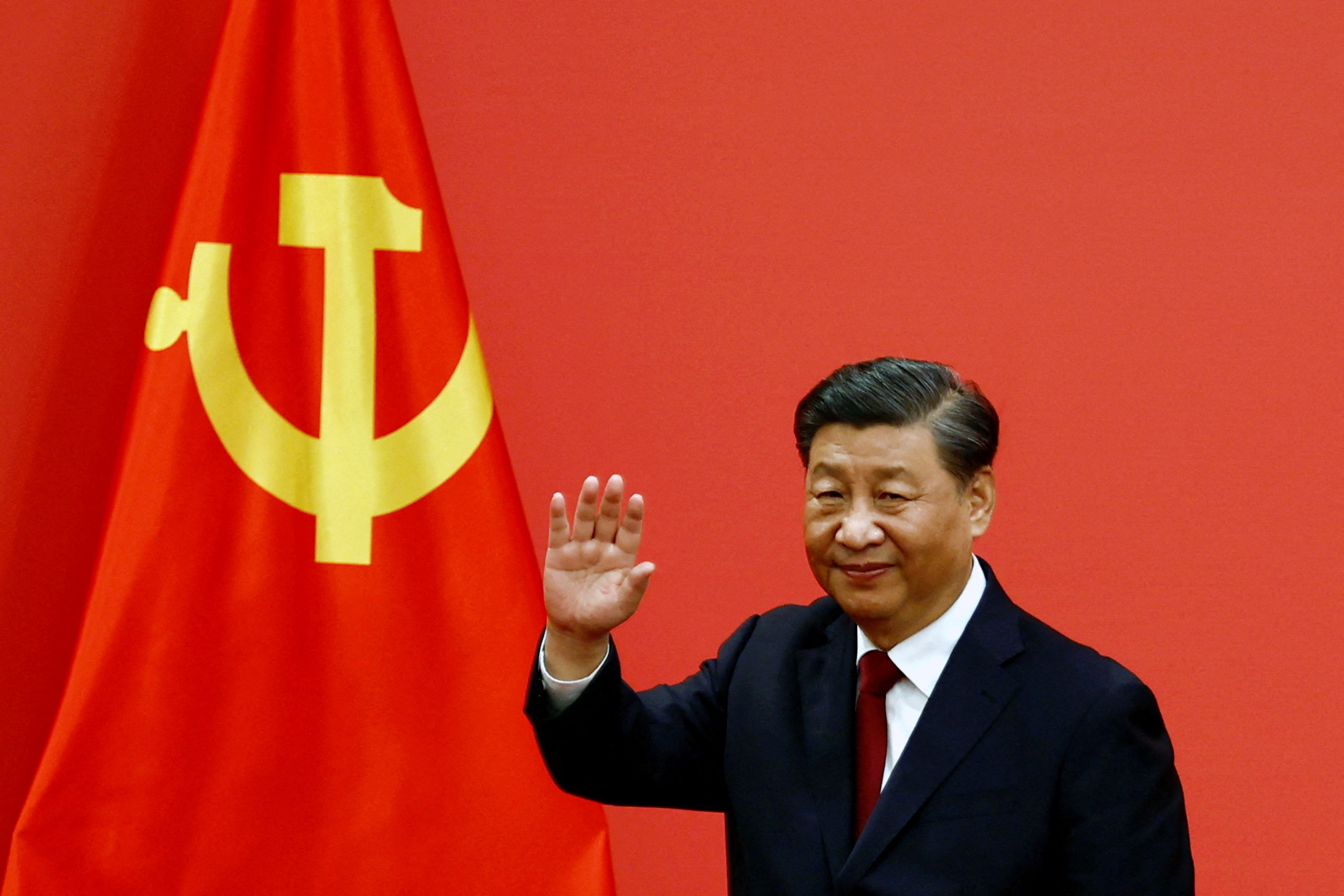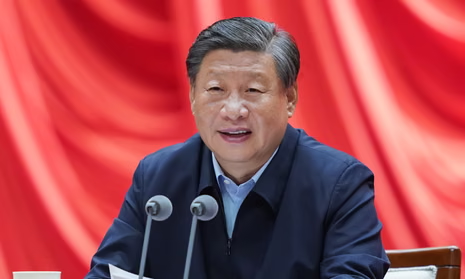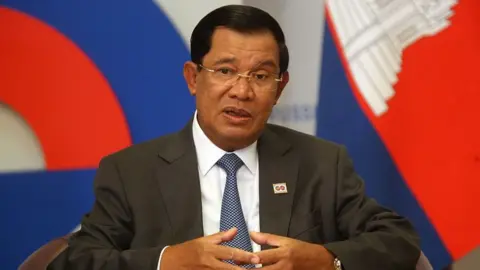Censorship in Russia isn’t just a policy—it’s a way of life, woven into the fabric of the nation’s political system. From the days of czars to the digital age under Vladimir Putin, the Russian government has wielded control over information to shape narratives, silence dissent, and maintain power. This article explores the intricate politics of censorship in Russia, its historical roots, modern mechanisms, and the human cost of restricted speech. Buckle up for a journey through a landscape where words are weapons, and silence is often survival.
Historical Roots of Russian Censorship
Censorship in Russia didn’t start with Putin or even the Soviet Union—it’s a tradition as old as the printing press. When the first books rolled out in the 16th century, the Russian Orthodox Church was tasked with approving content, ensuring nothing challenged the czar’s divine authority. By the 19th century, Czar Nicholas I tightened the screws, banning anything that smelled of dissent or revolutionary fervor. Fast forward to the Soviet era, and censorship became an art form—every newspaper, book, and film was vetted to align with communist ideology.
The Czarist Era: Setting the Stage
Under Czar Peter the Great, pre-publication approval was standard, with the Church acting as the gatekeeper of truth. This wasn’t just about protecting religion; it was about controlling the narrative to keep the peasantry in line. By the time Nicholas I ruled, censorship was a blunt tool, targeting anything that questioned the monarchy’s grip on power.
Soviet Censorship: Total Control
The Soviet Union took censorship to new heights. The state owned all media, and dissidents faced exile, imprisonment, or worse. The government didn’t just censor—it rewrote history, airbrushing inconvenient truths from textbooks and photographs. This legacy of control left a deep imprint on Russian society, fostering a culture where questioning authority was dangerous.
Modern Censorship Under Putin’s Regime
Vladimir Putin’s Russia has refined censorship into a sophisticated machine, blending old-school intimidation with cutting-edge technology. Since taking power in 1999, Putin has consolidated control over media, the internet, and public discourse. The result? A tightly controlled information space where dissent is a high-stakes gamble.
The Media Crackdown
Most Russian media is state-controlled, a stark contrast to the brief freedom of the post-Soviet 1990s. Independent outlets like Novaya Gazeta and TV Rain have been shuttered or forced into exile, especially since the 2022 Ukraine invasion. The government doesn’t just censor—it buys loyalty with hefty salaries for compliant journalists.
Internet Censorship: The Sovereign Runet
The internet, once a bastion of free speech, is now a battleground. The 2019 Sovereign Runet law allows the government to isolate Russia’s internet, blocking unwanted content with deep packet inspection (DPI) technology. Over 170,000 domains are blacklisted, including news and political sites. The 2014 “Bloggers Law” requires sites with over 3,000 visitors to register with the state, ensuring accountability for “extremist” content—a term so vague it can mean anything the Kremlin dislikes.
Legal Tools of Suppression
Laws like the 2016 Yarovaya amendments and the 2020 “fake news” ban give the government sweeping powers to punish dissent. Calling the Ukraine conflict a “war” instead of a “special military operation” can land you in jail. These laws create a chilling effect, pushing journalists and citizens into self-censorship.
Mechanisms of Control: How Russia Enforces Censorship
Russia’s censorship isn’t just about laws—it’s a multi-layered system designed to keep the population in check. From propaganda to surveillance, the government uses every tool at its disposal to shape what Russians see, hear, and think.
State Media and Propaganda
State-run outlets like RT and Sputnik dominate the airwaves, feeding Russians a steady diet of Kremlin-approved narratives. These outlets don’t just inform—they persuade, framing dissent as betrayal and foreign influence as a threat. In 2014-2015, propaganda surged to justify the Crimea annexation, drowning out critical voices.
Roskomnadzor: The Censorship Watchdog
Roskomnadzor, Russia’s media regulator, is the enforcer of censorship. It monitors all media, blocks websites, and fines platforms like Google for not removing blacklisted content. In 2018, it tried to block Telegram, disrupting millions of IP addresses in the process. Its power has only grown, with recent laws targeting VPNs and “extremist” searches.
Self-Censorship: The Invisible Hand
Perhaps the most insidious tool is self-censorship. Journalists, bloggers, and ordinary citizens avoid controversial topics to steer clear of trouble. As one Russian journalist put it, “You don’t need a call from the Kremlin to know what not to say.” This psychological firewall is more effective than any law, as fear of fines or jail keeps people silent.
The Human Cost of Censorship
Censorship isn’t just about silencing words—it’s about crushing spirits. The stories of those who’ve dared to speak out reveal the personal toll of Russia’s repressive system.
The Pussy Riot Saga
In 2012, the punk band Pussy Riot performed a “Punk Prayer” in a Moscow cathedral, protesting Putin’s regime. Their arrest and two-year prison sentences were textbook censorship, but the trial gave them a global platform. Their defiance showed that censorship can backfire, amplifying the very voices it seeks to silence.
Anna Politkovskaya’s Sacrifice
Journalist Anna Politkovskaya exposed government corruption and human rights abuses until her murder in 2006. Her death sent a chilling message: speak out, and pay the ultimate price. Yet her work inspired a generation of journalists to keep pushing, even in exile.
A Personal Reflection
I once met a Russian exchange student who described the fear of posting online. “You never know who’s watching,” she said, her voice low. “Even a joke about Putin could get you in trouble.” Her story stuck with me—a reminder that censorship isn’t just policy; it’s a shadow over everyday life, stifling creativity and connection.
Comparing Censorship: Russia vs. Other Authoritarian States
How does Russia’s censorship stack up against other regimes? Let’s break it down.
| Country | Censorship Methods | Key Tools | Public Response |
|---|---|---|---|
| Russia | State media, internet blacklists, vague laws | Roskomnadzor, DPI tech, “fake news” laws | Self-censorship, VPN use, exiled media |
| China | Great Firewall, real-name registration | Centralized internet, AI surveillance | Widespread compliance, limited dissent |
| Iran | Internet shutdowns, content filtering | State-controlled ISPs, morality police | Protests, underground networks |
Russia vs. China
China’s Great Firewall is more centralized than Russia’s Sovereign Runet, but Russia’s decentralized approach is just as effective, using cheap equipment to block content across thousands of ISPs. While China’s censorship is overt, Russia’s is subtler, relying on fear and ambiguity.
Russia vs. Iran
Iran often resorts to total internet shutdowns during protests, a blunt tactic Russia avoids. Instead, Russia uses targeted blocks and legal intimidation, creating a more pervasive but less visible control system. Both face resistance, but Russia’s VPN crackdowns are closing loopholes.
Pros and Cons of Russia’s Censorship System
Pros (from the Government’s Perspective)
- Control: Maintains political stability by silencing opposition.
- Narrative Shaping: Propaganda reinforces Putin’s image as a strong leader.
- Global Influence: State media like RT projects power abroad.
Cons
- Backlash: Censorship fuels dissent, as seen with Pussy Riot.
- Economic Cost: Resources spent on surveillance could fund healthcare or education.
- Isolation: Internet restrictions alienate Russia from global digital spaces.
People Also Ask (PAA)
What is censorship in Russia like today?
Censorship in Russia is a mix of state-controlled media, internet blacklists, and vague laws that punish dissent. Roskomnadzor blocks thousands of websites, and “fake news” laws criminalize criticism of the government, creating a climate of fear.
How does Russia control the internet?
Through the Sovereign Runet law and DPI technology, Russia filters and blocks content across decentralized ISPs. VPNs are increasingly targeted, and sites with over 3,000 visitors must register with the state.
Where can I find uncensored Russian news?
Exiled outlets like Meduza, Dozhd, and Novaya Gazeta operate from abroad, accessible via VPNs. Mirror sites from groups like Reporters Without Borders also provide uncensored content. Meduza
What are the best tools to bypass Russian censorship?
VPNs like NordVPN or ProtonVPN are popular for accessing blocked content. Tor browsers and proxy servers also help, though recent laws are cracking down on these tools. Always use trusted providers to avoid data leaks. NordVPN
The Future of Censorship in Russia
As Russia’s war in Ukraine grinds on, censorship is tightening. A July 2025 law now fines users for searching “extremist” content, a vague term that could ensnare anyone. The Kremlin’s push for “digital sovereignty” aims to create a walled-off internet, isolating Russians from global voices. Yet, cracks persist—exiled journalists and VPN users keep the truth alive, proving that even the tightest grip can’t silence everyone.
Resistance and Resilience
Independent media hubs in cities like Tbilisi and Riga are thriving, producing uncensored content for Russians willing to seek it out. Activists use Telegram and other platforms to share news, though these too face increasing scrutiny. The fight for free speech is far from over.
FAQ
Why does Russia censor the internet?
The government claims it’s to protect citizens from “extremist” content and foreign influence. In reality, it’s about controlling narratives and suppressing dissent, especially during crises like the Ukraine conflict.
How do Russians access blocked websites?
Many use VPNs, Tor browsers, or proxy servers to bypass blocks. However, recent laws target these tools, making access riskier and more complex.
What happens to journalists who defy censorship?
They face fines, jail, or worse. Anna Politkovskaya’s 2006 murder is a stark example, and many others have fled abroad to continue their work.
Is there any free media left in Russia?
Most free media has been forced into exile, like Meduza and Dozhd. Some niche publications operate under strict censorship but try to maintain journalistic standards.
Can censorship in Russia be stopped?
It’s tough but not impossible. International pressure, technological workarounds, and public demand for free speech could chip away at the system. The resilience of exiled journalists offers hope.
Conclusion: A Nation Silenced, But Not Broken
Russia’s censorship is a masterclass in control—subtle, pervasive, and chillingly effective. From czarist censors to Roskomnadzor’s digital blacklists, the goal remains the same: keep power in check by silencing the truth. Yet, every blocked site, jailed journalist, or censored show sparks resistance. People like my old friend, whispering about freedom in a dorm room, remind us that the human spirit doesn’t bend easily. The fight for free speech in Russia is a marathon, not a sprint, and every voice that dares to speak keeps the finish line in sight.



